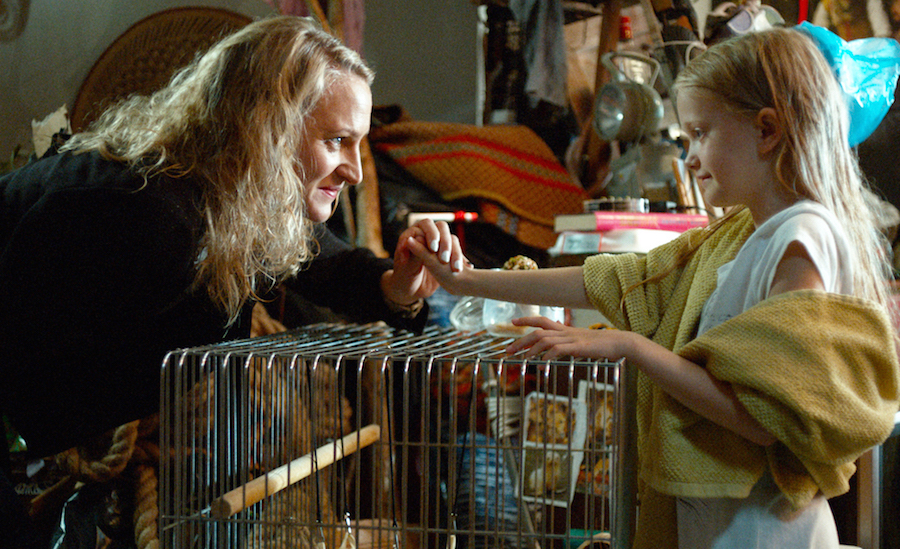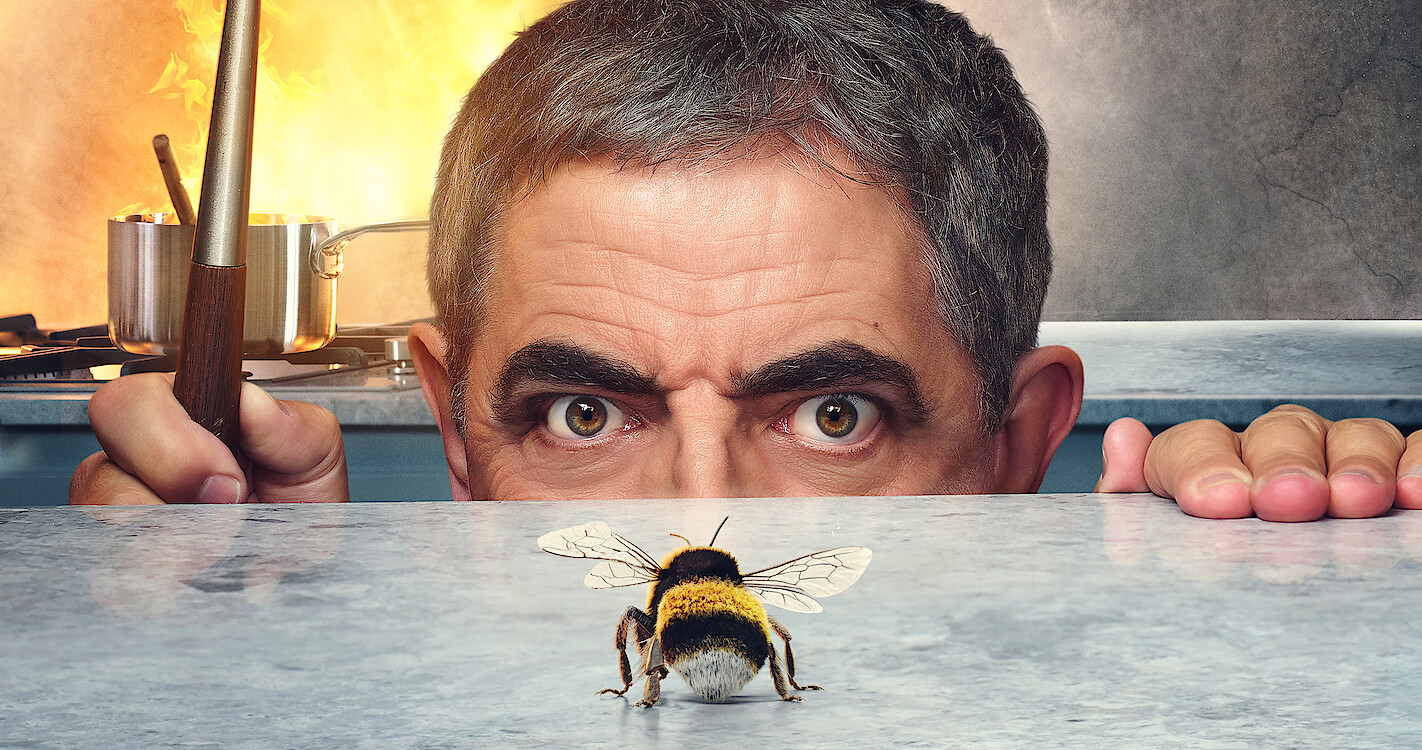For a long time, mental health has been stigmatised to the point of self-silencing; made into a taboo topic that prevented people from seeking professional help, or even just voicing their concerns to loved ones. Compound that with a “conservative” Asian society that frowns upon bringing shame to the family, and you’ve got a real doozy of an issue swept under the rug.
But things have been looking up. A new wave of exhibitions and campaigns hoping to kickstart the conversation around mental health are proof enough that young Singaporeans today are tired of being silent. And joining them next month is yet another new initiative with heart.
Heading to The Projector Feb 21-24, the Singapore Mental Health Film Festival (SMHFF) is the first of its kind here. Organised by local social enterprise The Breathe Movement, this inaugural edition hopes to tackle negative attitudes and lack of awareness through the medium of film—because if you can’t beat them, discreetly brainwash them with an inoffensive, enjoyable movie right?

The Girl, the Mother and the Demons
For Festival Director and founder of TBM Cheryl Tan, organising the festival was as much out of a personal need as it was a crucial public one. Tan, who recalls feeling suicidal since six years old, shared that it was always a personal desire of hers to work with youth regarding mental health. “It stemmed out of my own experiences when i was young; I wasn’t provided with the proper tools in my youth to cope with my mental and emotional issues,” she said, adding that she turned to “external stimulation” and “unsafe choices” during her tertiary schooling years.
She later found yoga in 2009, where a simple message from her teacher on self-care pulled her out of the darkness. In 2014, she founded The Breathe Movement, which today focuses on using movement, conscious breathing techniques and other such physical exercises to promote mental and emotional well-being.
With SMHFF, Tan chose film as her medium, for its transportive nature and ability to cultivate empathy. “It’s when we can empathise with another that we can start to experience the complexity of the human psyche,” she said. This first edition will focus on youth mental health and dementia.
Only seven films will be on show, but the seven Asian and Western films were selected to highlight a breadth of mental health conditions and issues. 2014 drama Still Alice (with a star-studded cast including Julianne Moore) and Canadian documentary Much Too Young offer two complementary looks into Alzheimer’s; love story Still Mine covers dementia; and opening film No Letting Go approaches bipolar disorder through a young teenager’s shaky relationship with his family.
There’s also the gem of a Swedish film, The Girl, the Mother and the Demons, that tackles schizophrenia via an affecting mother-daughter relationship, where 8-year-old Ti must through love and loyalty help her mother defeat her demons.
Asian directors step into the spotlight too, with Malaysian filmmaker Tan Seng Kiat’s gripping family drama Shuttle Life exploring the intersectionality of mental illness, poverty, and a corrupt society. Screened together with the film is Singaporean director Wong Pei Si’s animated short Silence Is Not Golden—about Selective Mutism, a rare anxiety disorder that affects one’s ability to speak in certain situations; protagonist Nigel is based off a real-life story. And Hong Kong drama Mad World is one award-winning must-watch; the film by Wong Chun confronts the very real stigma that mental health patients must live with, in this raw portraiture of a recovering bipolar patient who tries to regain his footing in the workplace and society.
As part of the festival, there will also be a line-up of panels for those hoping to deepen their understanding of the issues raised—with topics ranging from caretaking and living with family members with mental health conditions, to dealing with mental health in the office. TBM has also organised a handful of workshops promoting mental health care, such as body sculpturing, yoga, guided meditation and the like.
It remains to be seen if one-off iniatives like SMHFF will sustain their impact in the long run. Tan shared that plans for a second edition next year are already in motion, though its actualisation will depend on funding. It’s a small step, but we’re hopeful.
Singapore Mental Health Film Festival 2019 happens Feb 21-24 at The Projector. Tickets are $18 per film here and more information is available here.





